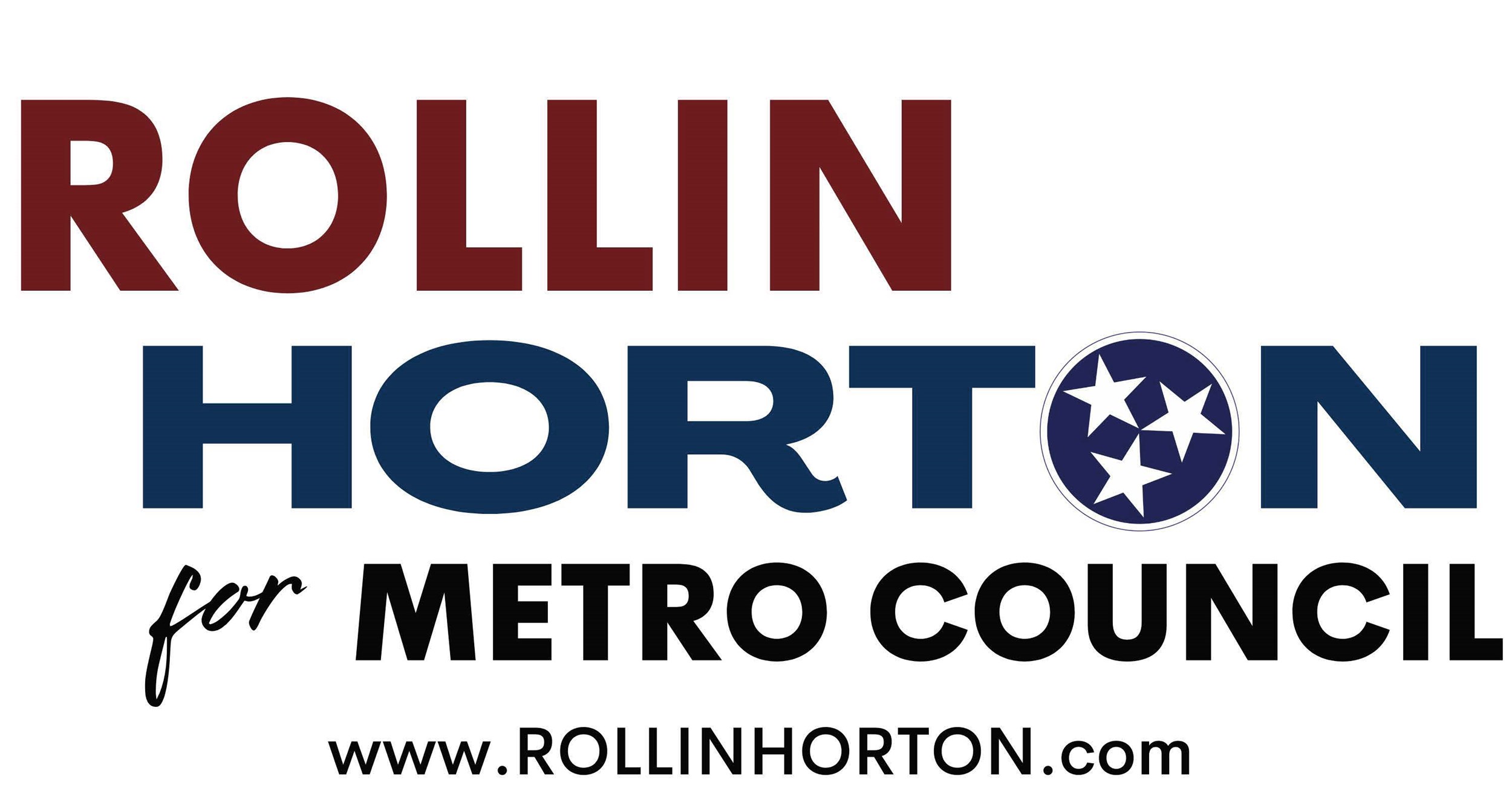
Housing in Commercial Districts
-
Housing in Commercial Districts - BL2024-187 expands the ability to build housing in commercial zoning districts. Currently, there are a number of sometimes onerous conditions that must be met in order to build housing here (such as requiring housing to build on busy roads, which are often the most dangerous, polluted, and noisy areas in Nashville), which has the effect of stifling housing construction. The general rationale here is twofold: 1) a general increase in the housing stock, and 2) focus that housing constructions where it makes the most sense in proximity to commercial opportunities.
-
Much of our urban planning since WW2 has focused on rigorous separation of uses, where housing, offices, restaurants/retail, etc. are all kept strictly separate from each other, with the end result that it is necessary to get in your car and drive for almost anything. This is one of the reasons our city (like many others) has such terrible and mounting car traffic and congestion. Part of the solution to this is to intermingle uses where it makes sense – such as with housing and commercial opportunities – so that people don’t have to drive as far (or not drive at all) to access commercial amenities. However, if we were to take an approach that introduced commercial opportunities into residential areas, I think this would potentially be significantly disruptive to established neighborhoods and would not be in line with what residents expected when making their lives there. To do the reverse though, and expand housing in commercial districts, does not raise similar concerns as residents are aware of what they’re getting into and welcome the mixed use/walkable environment. The goal is to create more walkable “mixed use” districts intermingling commercial and residential functions, without disrupting existing residential neighborhoods.
-
Current Status: This bill has been deferred for First Reading to April 16th to allow the Planning Department time to review proposed amendments and improvements to the bill, such that will preserve current floor area ratios (“FAR”) for housing, ensure that the expanded housing capacity is not eligible for Short Term Rental Policies and is instead oriented toward ownership or long-term rentals, and ensure that district council members are notified of housing being built in commercial districts within their district
-
